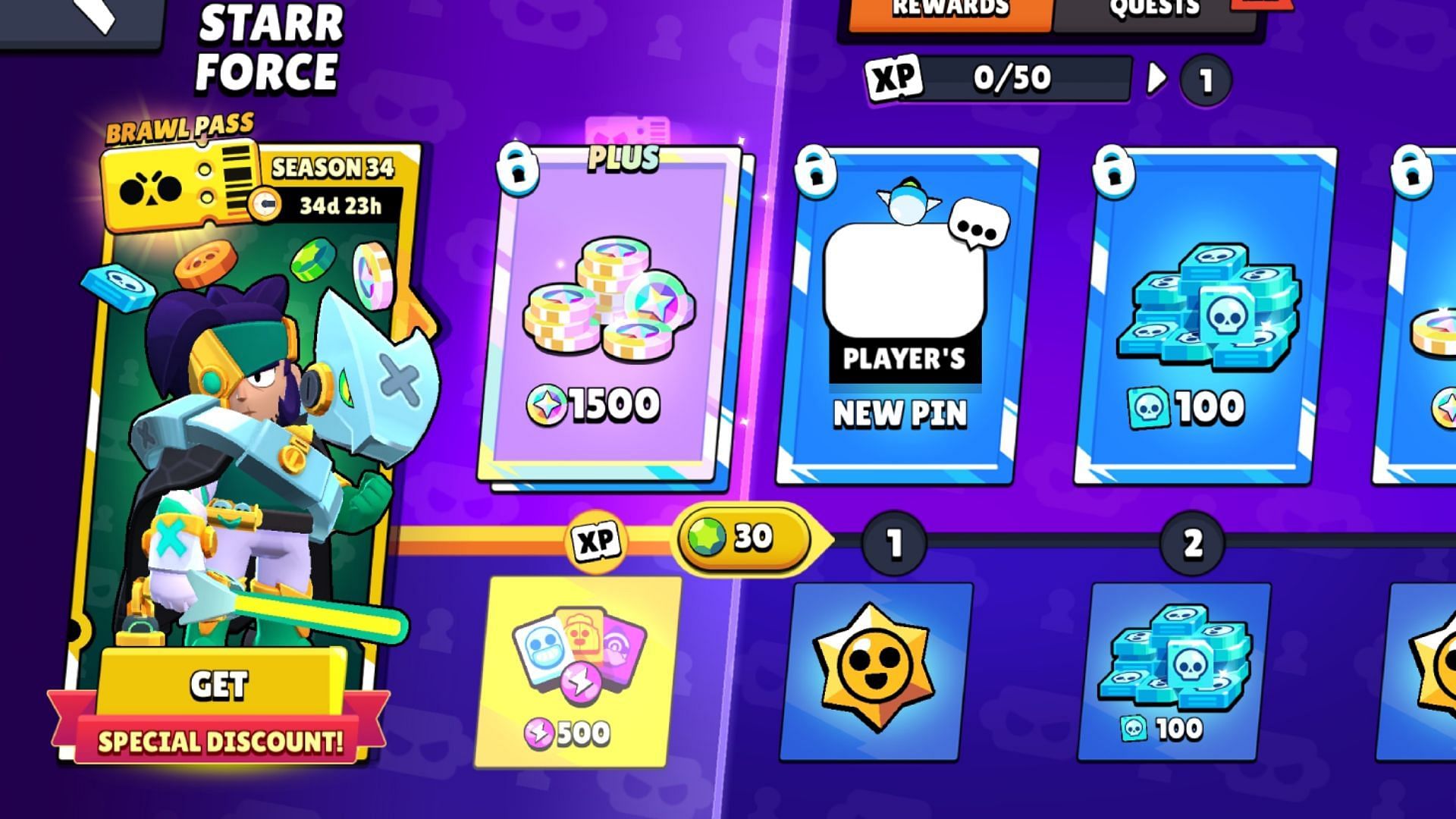A phishing text message warning of a legal threat and financial penalties has been hitting users and even non-drivers of Los Angeles County’s Metro ExpressLanes.
The spam has led to a flood of complaints from Metro ExpressLanes users, who have been calling the Los Angeles County Metropolitan Transportation Authority seeking verification and advice, Metro authorities have noted.
Metro officials said they posted a warning about the fraudulent text messages on their homepage as soon as they became aware of the scam.
“The ExpressLanes system has not been hacked, and no customer information has been compromised,” the message said.
Metro ExpressLanes are restricted lanes on the 10 and 110 freeways that motorists can use to speed past traffic on regular lanes. Users pay tolls that are based on dynamic pricing that adjusts according to the level of traffic. The tolls are collected through a FasTrak transponder mounted on a vehicle’s dashboard.
Metro could not confirm how many messages have been sent out, the number of complaints they received or when they believed messages were first sent.
“Metro ExpressLanes reminds customers that we never send text messages asking for sensitive information or requesting payment,” a statement from Metro read. “If a text message claims to be from Metro ExpressLanes regarding tolls or violations, do not respond to the message, do not use any links in the message, and do not use any contact information provided in the message.”
The Federal Trade Commission classifies phishing as a type of scam in which targeted users receive a communication such as an email or text message that appears to be from a well-known source, such as a company or agency.
The message asks the user to enter personal information that the scammer will use to open a bank account, for instance, or cause some other financial harm to the individual scammed.
The FTC also asks consumers to avoid responding to the messages.
The scam messages in question have been telling receivers to pay their FasTrak bill by a specific date in order to “avoid excessive late fees and potential legal action on the bill.”
A phishing link is provided that should not be clicked on.
In several cases, the phone number from which the text message originates is multiple digits longer than a US-based 10-digit number.
Metro officials have said they believe the scammers have been targeting individuals through various area codes and have been hitting FasTrak drivers and non-users alike.
There are 25 miles of ExpressLanes throughout the 10 and 110 freeways, according to Metro, with 1.6 million transponders assigned to county drivers and 342.1 million trips made this year as of early November.
The FasTrak pass can also be used outside of Los Angeles, such as on the 405 Freeway in Orange County, the 10 Freeway in San Bernardino County, the 15 Freeway, which cuts through San Bernardino and Riverside counties, and several other express lanes.
As for the scams, they’ve hit motorists in various areas from San Francisco in March to Sonoma County in April and San Diego in July.
State Atty. Gen. Rob Bonta issued a statement on July 1, urging Californians not to click on the link in the texts.
“Scammers are often quite literally in our pockets, just a text away,” Bonta said. “Text-based toll charge scams are on the rise and knowing what to look for is an important way to keep consumers safe against these tactics.”





